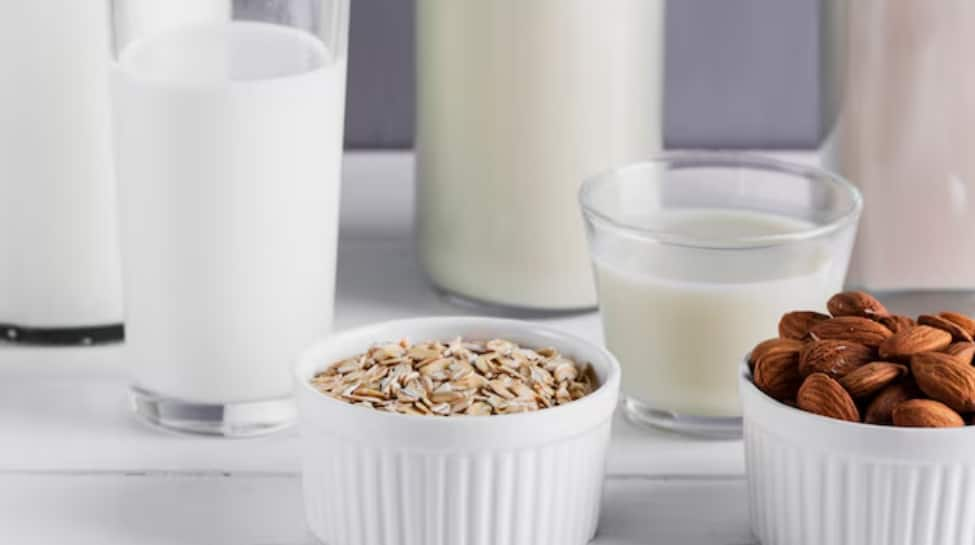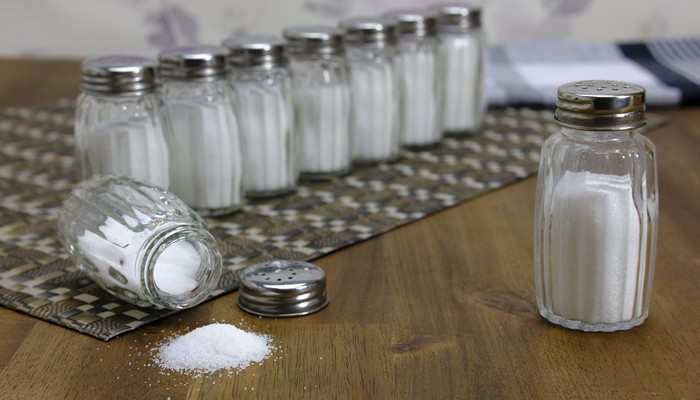The World Health Organisation (WHO) has expressed its concerns over the diseases that are caused by excessive salt intake, saying millions of people could die if governments did not take action and spread awareness to keep in check the sodium levels in food.
The report, published in Washington Post, said that salty food is the major factor that poses risk to human health and is responsible for annual 1.8 million deaths globally.
Cardiovascular illness and strokes — that kill 17.9 million and 5 million people respectively — are also linked to salty foods, said the director of the WHO’s Department of Nutrition for Health and Development, Francesco Branca.
Governments can reduce these numbers by launching tight regulations on the use of salt in foods, Branca said.
“This is really something that doesn’t cost money to anybody. It’s a simple intervention, but it’s incredibly effective”, the health expert was quoted as saying.
People intake more than recommended salt — which is 10.8 grams by WHO and the Centres for Disease Control and Prevention. They suggest that people should take only a teaspoon of salt daily.
Sodium causes blood vessels to stiffen and high intake causes blood pressure to increase with other health complications, according to Graham MacGregor, a professor of cardiovascular medicine at Queen Mary University of London.
American Heart Association, the American College of Cardiology, and the National Academies of Sciences, Engineering and Medicine have also urged consumers to reduce their intake, in their long study of evidence despite being challenged by other studies.
WHO had set its target to reduce 30% by 2013 however, as states were unable to meet, it is exploring options to extend the target to 2030. In a review relating to the matter, WHO stated that only 5% of its members have taken measures.
The Food and Drug Administration (FDA) estimated that 70% of salt people consume comes from processed or packaged food, not from home.
“You expect a certain amount of salt, and you think that if you don’t have that much salt, the food is tasteless. Manufacturers don’t want to take the initiative to reduce sodium if there’s a competitor that has a higher content of salt,” Branca was quoted as saying.
Barnca believed that as salt is reduced, taste buds start to adjust and the food tastes better.















































